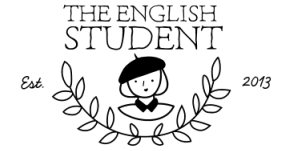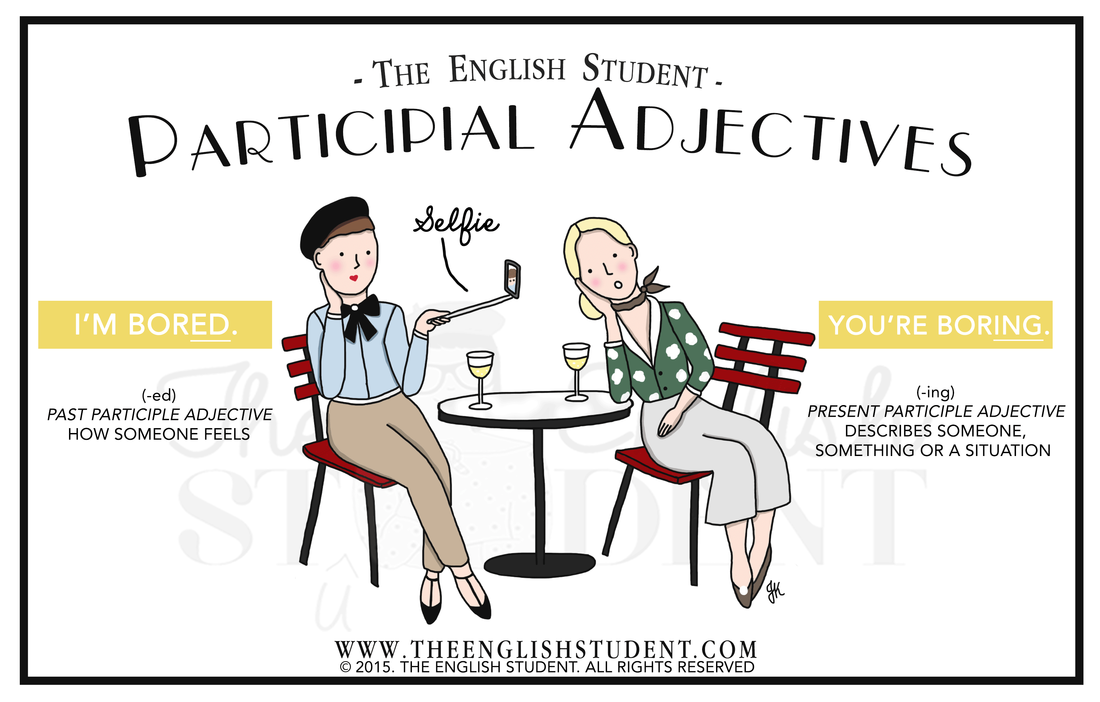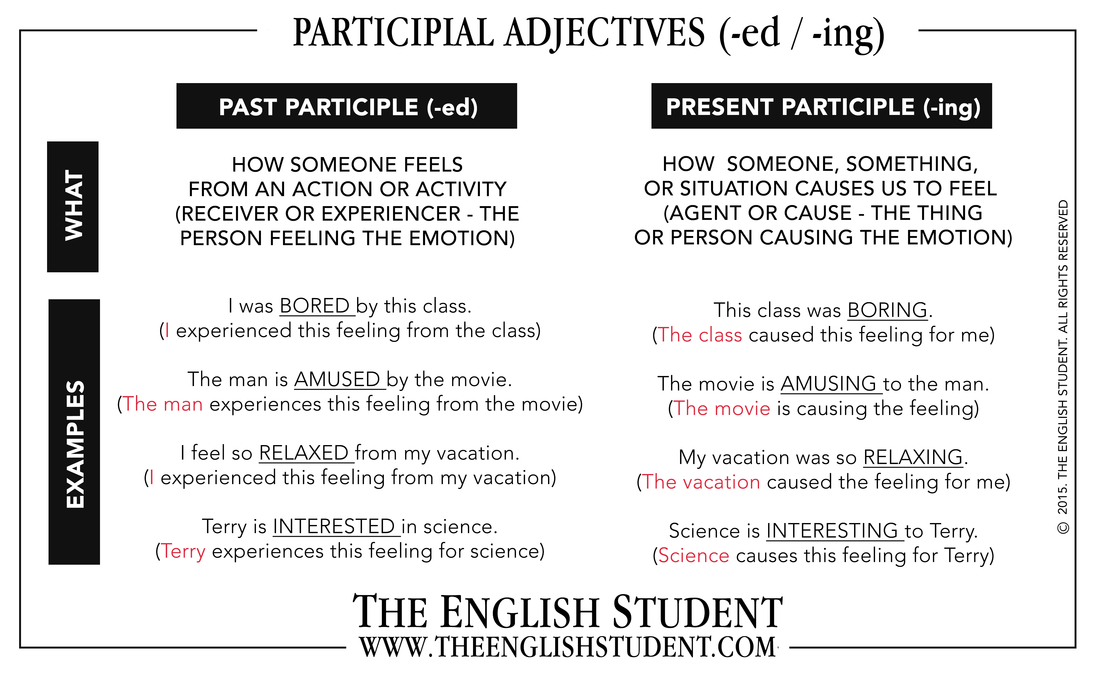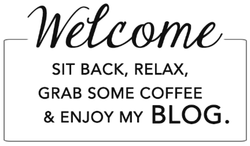A question that I'm answering today is from an English student who wanted to know the difference between the words "bored" and "boring." This is a very common problem and I will try to explain this grammar difference as simply as I can without boring you all!
To be bored is never fun but to be boring is never good! I would much rather be bored than be boring.
If you're bored, it describes how you feel. You feel unhappy or unsatisfied because there is nothing to do. Have you ever heard the saying, "Facebook is like a fridge. If you're bored, you keep opening it." If you feel bored, then you keep opening and checking Facebook. Quite true!
If you're boring, it describes what you're like as person. Someone who is not interesting to be with or talk to. I would never want anyone to say I'm a boring person! That would be a bad quality to have! As the actress Marilyn Monroe once said, "It's better to be absolutely ridiculous than to be absolutely boring." I agree with that!
The words "bored" and "boring" are known as participial adjectives.
Participial adjectives function just like any regular adjective, they modify nouns but they are formed from a verb. Adding -ed or - ing at the end of a verb creates a past or present participle adjective. Take a look at how some verbs become participial adjectives.
VERB - PAST PARTICIPLE ADJECTIVE - PRESENT PARTICIPLE ADJECTIVE
(1) BORE - BORED - BORING
(2) AMUSE - AMUSED - AMUSING
(3) RELAX - RELAXED - RELAXING
(4) INTEREST - INTERESTED - INTERESTING









 RSS Feed
RSS Feed
